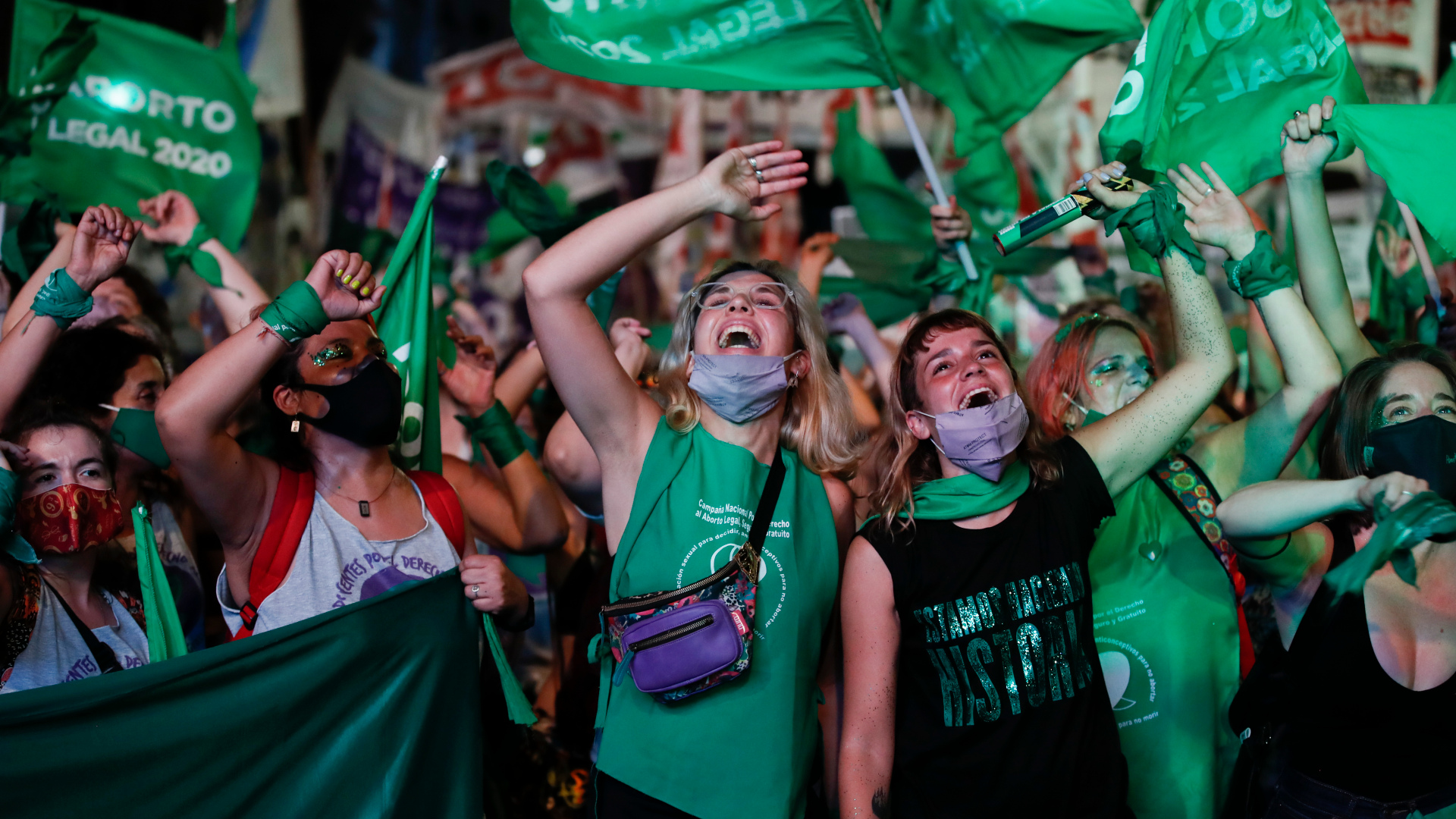Some might think that music and art belong to humanity. However, in reality, every single track that was recorded is protected by copyright laws, which means it is legally impossible for them to be copied or reused. Copyright laws affected every single thing about the way we produce and consume music. The music industry would be in a very different shape today if they had not existed.
In its broadest sense, copyright laws state that creative production belongs to either the artists themselves or the recording company. Their primary duty is to ensure that the piece of music can not be reused in another setting, including sampling, without first obtaining a license. This also means it is technically impossible for someone to listen to the piece of track for free without the permission of the artist. If you create a piece of music, you have the legal right of obtaining money from whoever consumes it. Copyright laws generally protect two properties for music: the actual musical notation and the recording itself that is embodied in a medium.

Copyright laws created the music industry as we know it today. To understand what these laws have achieved, we will divide the history of modern music into two eras: Before MP3 and after MP3. MP3 started to become popular in the mid-90s and was widely used at the very beginning of the 21st century thanks to the internet. Before MP3 technology, there were no digital formats for high quality, compressible audio that was popular. The only way of consuming music was to purchase CDs, tapes, or vinyl at high prices. The distribution and production of these at mass scales were very costly and were conducted only by recording companies like the Atlantic Records or the Universal. (Guess Justin Bieber and Zeynep Bastık would not be very happy in such a world.)
Without legal protection, it would be impossible for us to be talking about record companies. Without copyright, technically everyone would have the right of copying a tape or a CD, its rights would not be monopolized. People would probably have an incentive to form businesses that copy CDs and tapes. The record companies would not be able to profit from being the only distributor and having legal rights, rather their profits would only be from the production of the physical copies of CDs and tapes. Producing and distributing CDs have a very high cost and most of the recording companies’ profits come from legal ownership of the material. This would mean that recording companies would be less in number and lower in revenues. Thus, even if they existed for the profit coming from distributing CDs, they would not be able to support this many different styles and voices. Their resources would be left only to what is popular, and what is popular would also be very limited and not well advertised.
It is a question if Michael Jackson, David Bowie, the Clash, or even Queen would be able to find enough resources to produce their music videos, marketing campaigns, tapes, and CDs without recording companies. In such a case, a person in Turkey would probably never hear of these artists. The only way for some generations to consume music was depending on the production and distribution of CDs and tapes and abolishing copyright would mean this production process would be much smaller. The existence of copyright laws enabled a great deal of capital accumulation in the hands of recording companies and increased the music variety that we have.
The digitalization of music consumption with MP3 changed this picture very well, as music piracy become a very popular thing in the 2000s with platforms like Napster and Torrent technology. Although there still was music piracy before MP3, it was limited to individuals. The limits of it were not comparable to what we have as piracy today since people had to buy CD or tape recorders only for this purpose, at a fairly high cost. Copyright laws also enabled piracy in the pre-MP3 era to be limited to individuals.

Determining the exact effects of piracy on the sales of legal music is not an easy thing to do, though we can realize a strange phenomenon. Looking from classical economic views, we would expect the music industry to collapse with piracy as consumers now had an easily accessible free alternative with many songs. Surprisingly, this has not been the case. One-third of music consumers were using pirate files as of 2018, actively violating copyright laws. Although people have a free alternative, albums are still being produced and thousands of songs are being created and advertised every year.
This can be explained by three factors: the industry’s ability to adapt to digitalization, the quality of the legal alternatives, and the decreasing cost of music production. Copyright laws for the music industry were not enforced very strongly in the United States, differently from other creative production so the firms had to come up with their solutions to fight with piracy. Starting with the iTunes store, the industry has come up with many legal alternatives for digital streaming. Through Spotify, Deezer, or Apple Music we can find whatever song we want to listen to at very low costs, and these are reflected as revenues for the industry. The ads that we see on YouTube are a very important revenue source for the industry since a majority of the consumers use YouTube for music now. We prefer these legal alternatives since their software, user experience, and user interface designs are way better than pirate songs. The cost of Spotify is not that much when you consider the time and effort that you need to download each song illegally. Besides, Spotify gives us access to songs on demand (a lack of pirate music), meaning that we do not have to download them, and we can listen whenever we want to. The cost of producing and distributing music has also decreased substantially with digitalization since we do not have to consider the production and distribution expenses of the physical copies now. For an artist to come to the scene, much less money is needed now. Although the music industry was shaken during the 2000s and had to shrink, they have adapted to piracy and what digitalization brought to us. Although copyright laws are being violated every day due to piracy, we still have music production thanks to adaptability.

Nevertheless, the music of the 21st century is still created by copyright laws. If copyright laws had not existed, the recording companies would not have enough capital accumulation to adapt and support new artists such as Coldplay, Britney Spears, or Beyoncé. There would not be enough widely known songs even to be downloaded illegally. Besides, the music of the pre-MP3 era influences, shapes, and in a sense create what we listen to today. Eminem would never be the same without the Hip-hop surge of the 90s, or if Nirvana had no chance of being widely distributed in CDs throughout the 90s, most of our alternative music and grunge would not exist. Without copyright law, the music of the pre-MP3 era would be very limited. We probably would not have to watch ads on YouTube or pay money for Spotify, but they would have much fewer options and genres.
It is impossible to guess if people would still be making music without the possibility of being rich. My best guess is that they would for the artistic joy of it, but this music would not have any means of being famous. Some songs would use movies or social media, but our variety would be much lower. The type of this kind of supply-oriented music would also be very different from what we have today. We would probably never have cheesy pop songs that use the same structures over and over again. One can even suggest that the limited music that we have would be more complex and have more artistic quality since no songs would be produced for mass success, sales, and the wish of the consumer.
As we can understand, the existence of copyright laws has dramatically changed what the music industry looks like. Without copyright, the entertainment sector would never have enough capital accumulation to support the talents of the 2000s and 2010s. Music consumption would be free and not interrupted by ads, but our choice would be way more limited.
1- https://www.youtube.com/watch?v=Tamoj84j64I&t=249s
2- Witt, S. (2016). How Music Got Free. Penguin USA.
3- https://www.theguardian.com/music/2018/oct/09/more-than-one-third-global-music-consumers-pirate-music#:~:text=More%20than%20one%2Dthird%20of,the%20Phonographic%20Industry%20(IFPI).4- https://www.businessofapps.com/data/spotify-statistics/










